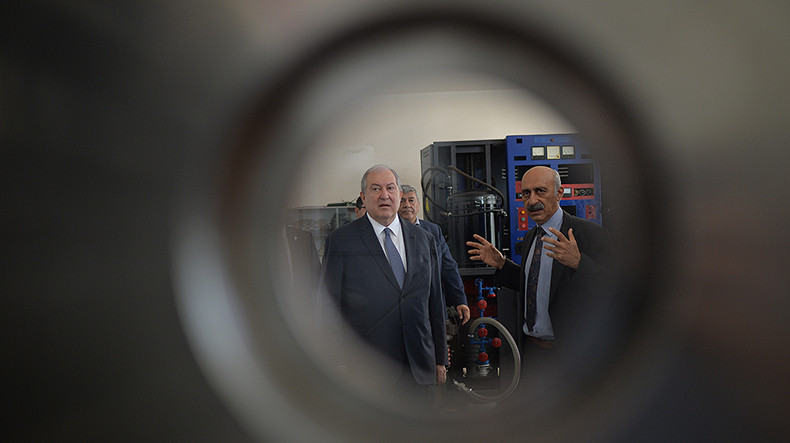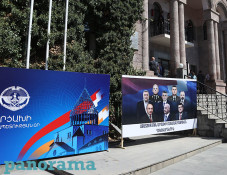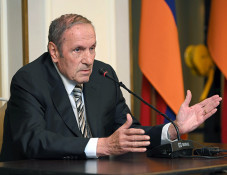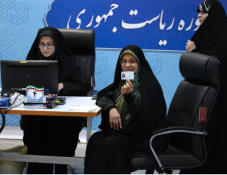
‘From biophysics up to astronomy’ – President Sarkissian stresses need to develop physics in Armenia
Armenia should become a country of latest technologies in the future, President Armen Sarkissian told reporters on Wednesday, after touring the CANDLE Synchrotron Research Institute.
“There are several steps to develop modern technologies. First of all it is the education system. Eventually, the developers, users and sellers of latest technologies are people who have professional skills. Thus, the education system is crucial for this sphere,” Mr Sarkissian stressed.
According to him, Armenia’s advantage over others should be having scientist programmers, i.e. programmers who are also highly-qualified mathematicians, physicists or chemists.
“It is a fact, not arrogance, that we are more intelligent. Our goal should be to prepare highly skilled creative specialists starting from biotechnologies up to modern technologies. In this respect, this institute plays a key role,” he said.
Mr Sarkissian stated that many scientific institutes established during the Soviet period have lost their importance or do not operate any longer, but CANDLE founded in 2000 continues to impress.
“I am happy to be here for several reasons. First, for the fact that we have managed to create a top-level research institute internationally after 2000. Second, it is a double pleasure for me since I have a little input in establishing this institute in some sense,” the president said.
Armen Sarkissian unveiled plans to develop physics in Armenia.
“We will see how we can support Armenia to become a physics power, starting from biophysics up to astronomy. There is a need for that,” he said, adding the support plan will become clearer after his visit to Byurakan Observatory in the next few days.
The Science Committee of Armenia’s Ministry of Education and Science Together with CANDLE Synchrotron Research Institute is organizing an open day for the citizens of Armenia, foreign guests and the mass media representatives on the 18th of July at CANDLE Institute. For the first time the research laboratories of radiophysics, laser technologies, magnetic measurements, ultrahigh vacuum technologies, diffusion welding and soldering, advanced materials and microdevices, experimental biology will be open for a large audience. The guests will be presented the AREAL electron accelerator which gives new opportunities to carry out advanced researches in the fields of physics, biology, medicine, materials science, chemistry and other scientific fields.
Newsfeed
Videos






























